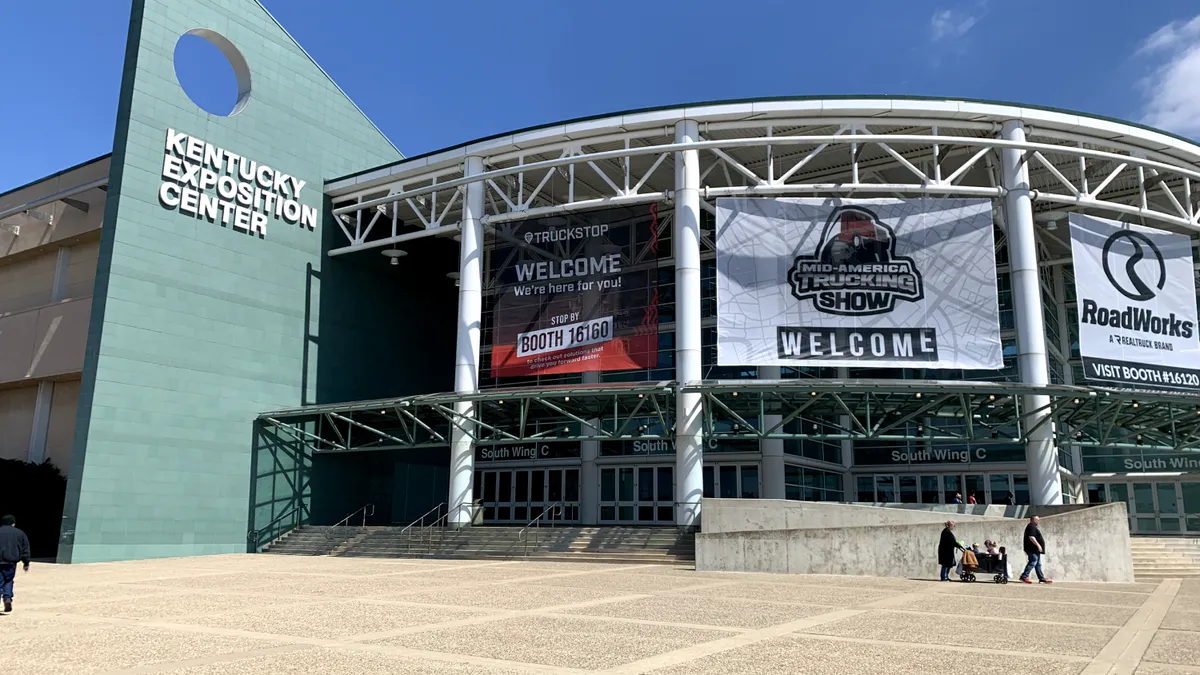Dive Brief:
- California Gov. Gavin Newsom again rejected a legislative push to require a person onboard heavy-duty autonomous vehicles, per a veto letter Friday.
- The bill would have restricted driverless operations of vehicles weighing 10,0001 pounds or more for least the rest of the decade. Newsom’s veto letter said that timeline was unrealistic.
- The governor directed stakeholders to share feedback on the state Department of Motor Vehicles’ draft standards for heavy-duty autonomous vehicles, which are open for public input through Oct. 14.
Dive Insight:
Newsom rejected a similar bill in September 2023, and this time, the governor said California remains an outlier compared to 35 jurisdictions that have authorized the testing of heavy-duty autonomous vehicles.
The California DMV has held out on allowing heavy-duty AVs from testing and deployment on public roads but recently hinted that could change. In late August, the DMV unveiled a draft proposal to allow the practice for many kinds of vehicles weighing 10,001 pounds or more.
“These draft regulations propose strict guidelines for heavy-duty AV operations, including limiting operations to roads with speed limits of 50 miles per hour or higher and excluding certain uses, such as transporting passengers or hazardous materials,” Newsom’s letter said, noting a variety of guardrails the DMV proposal called for.
Newsom also stated that he cannot sign the proposed legislation in its current form but “remains committed to working with the author, sponsors, and stakeholders in furthering our efforts to meet the needs of traffic safety, worker protections, and jobs as this evolving technology progresses in California.”
Also on Friday, the governor also cited the DMV proposal in vetoing a separate measure to increase crash data reporting requirements for AVs.
Consequently, the International Brotherhood of Teamsters, who have sought to protect driver jobs in the state, promised to ramp up efforts to regulate and require transparency from driverless tech firms. “We will do so before the legislature, in the courtroom, at city council and regulatory hearings, and at the ballot box,” the union said.
The Autonomous Vehicle Industry Association praised the moves, saying the crash data reporting measure would have created contradictory and duplicative standards while the oversight bill would have effectively banned autonomous trucks.












